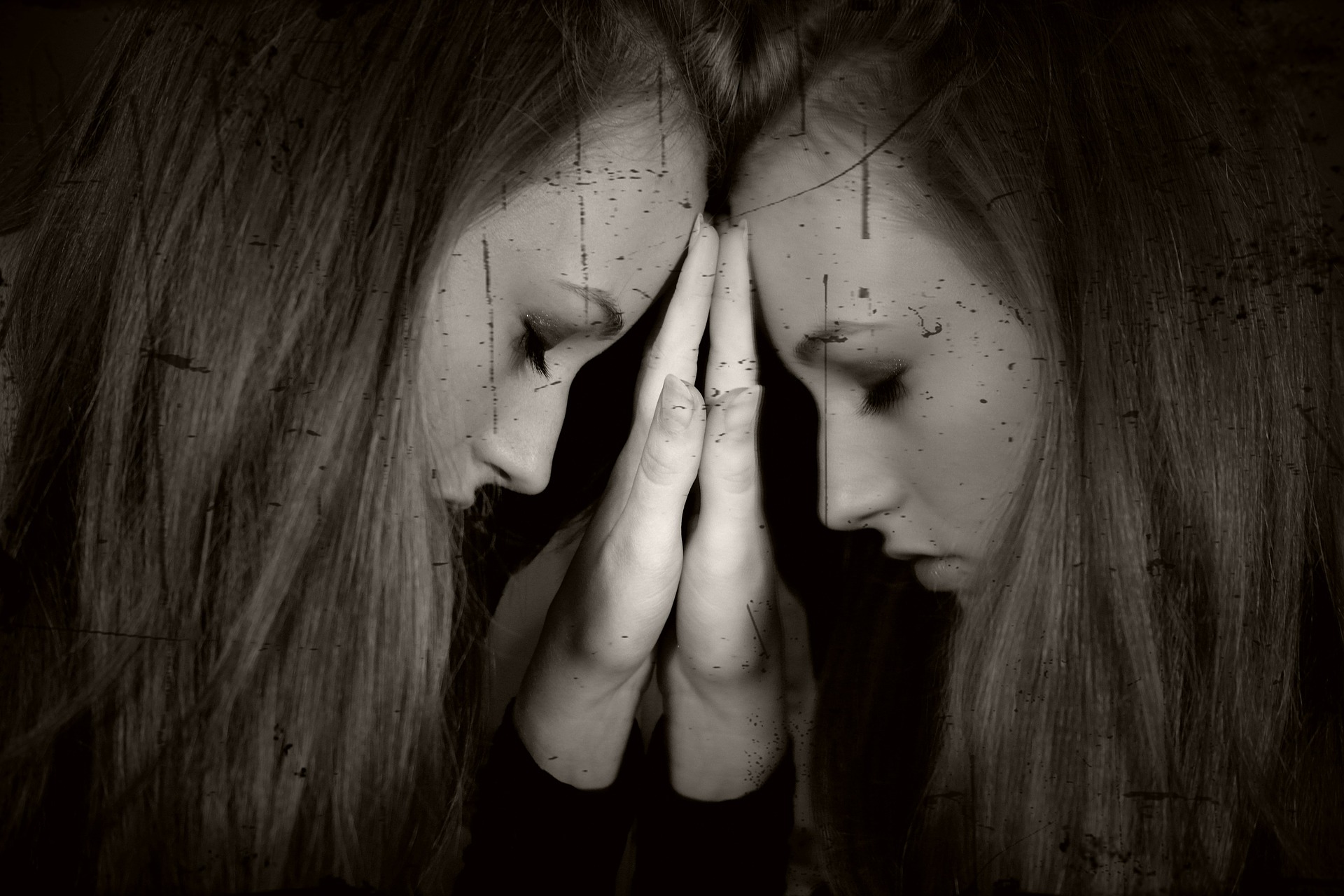Understanding the Link Between Anxiety Disorders and Addiction
The world we live in is stressful by default. The pressures of getting a job, making enough money to survive on, and supporting a family can be all-consuming, leading to severe anxiety. Because of this, many people suffer from anxiety disorders. Unfortunately, anxiety disorders and addiction are closely linked.
A study done by the National Epidemiological Survey on Alcohol and Related Conditions found that 17.7 percent of people with a substance use disorder also had an anxiety disorder.
The link between anxiety disorders and addiction can be hard to understand, especially if you are caught in the middle of the two. Always keep in mind that if you need help for your addiction problems, we are here to assist. Simply call us at 888-647-0051 (Who Answers?) to reach a qualified expert who can give you the advice and treatment plan you need to get sober.
What Are Some Common Anxiety Disorders?
Anxiety disorders come in many shapes and sizes. Some are so severe that it prevents people from living their lives, but others are mild enough that you might not even realize you have a medical disorder. Some of the more common anxiety disorders include:

Obsessive worrying is a common symptom of most anxiety disorders.
- Generalized anxiety disorder
- Obsessive-compulsive disorder
- Panic disorder
- Social anxiety disorder
- Post-traumatic stress disorder
While each disorder has its own specific symptoms, some of the most common effects of these disorders include:
- Feeling restless
- Obsessive worrying
- Being tired
- Being irritable
- Problems concentrating
- Rapid heartbeat or sweating
How Do Anxiety Disorders Affect Addiction?
If a person has an anxiety disorder, they will most likely be looking for some kind of relief from their symptoms. Often, drugs or alcohol provide a great way to relax and calm down about situations. At first, using these substances to “self-medicate” might just be a temporary fix when symptoms become too much. However, many people quickly become addicted to these substances, craving the relief they provide on a regular basis.
In over 75 percent of cases reviewed by a recent study, anxiety disorders appeared before substance abuse problems. While there can be a genetic predisposition to developing both anxiety disorders and addiction, it seems clear that self-medicating is one of the biggest ways people become addicted to substances.
How Does Addiction Affect Anxiety Disorders?
Using that same data means that 25 percent of people with both anxiety disorders and addiction developed their anxiety after starting on drugs or alcohol. This may be because many of the side effects of substance abuse can mimic the effects of anxiety disorders.
For example, when a person withdraws from alcohol, they may begin to experience severe panic attacks. This is because the body has become accustomed to having alcohol and doesn’t know how to function without it, creating what seems like a panicked situation.
Other drugs, such as caffeine or amphetamines, also have this effect. Even overdosing on a drug like marijuana can produce extreme anxiety and panic attacks.
These effects of drugs make it hard for a doctor to determine if a patient has a true anxiety disorder or is simply experiencing a drug-related symptom.
The combination of anxiety disorders and addiction might feel like a hole you will never be able to get yourself out of. However, we are the lifeline that can help you pull yourself up and stand on two feet again. If you’re ready to get the help you need, just call us at 888-647-0051 (Who Answers?) . We’ll be here for you whenever you need us.






